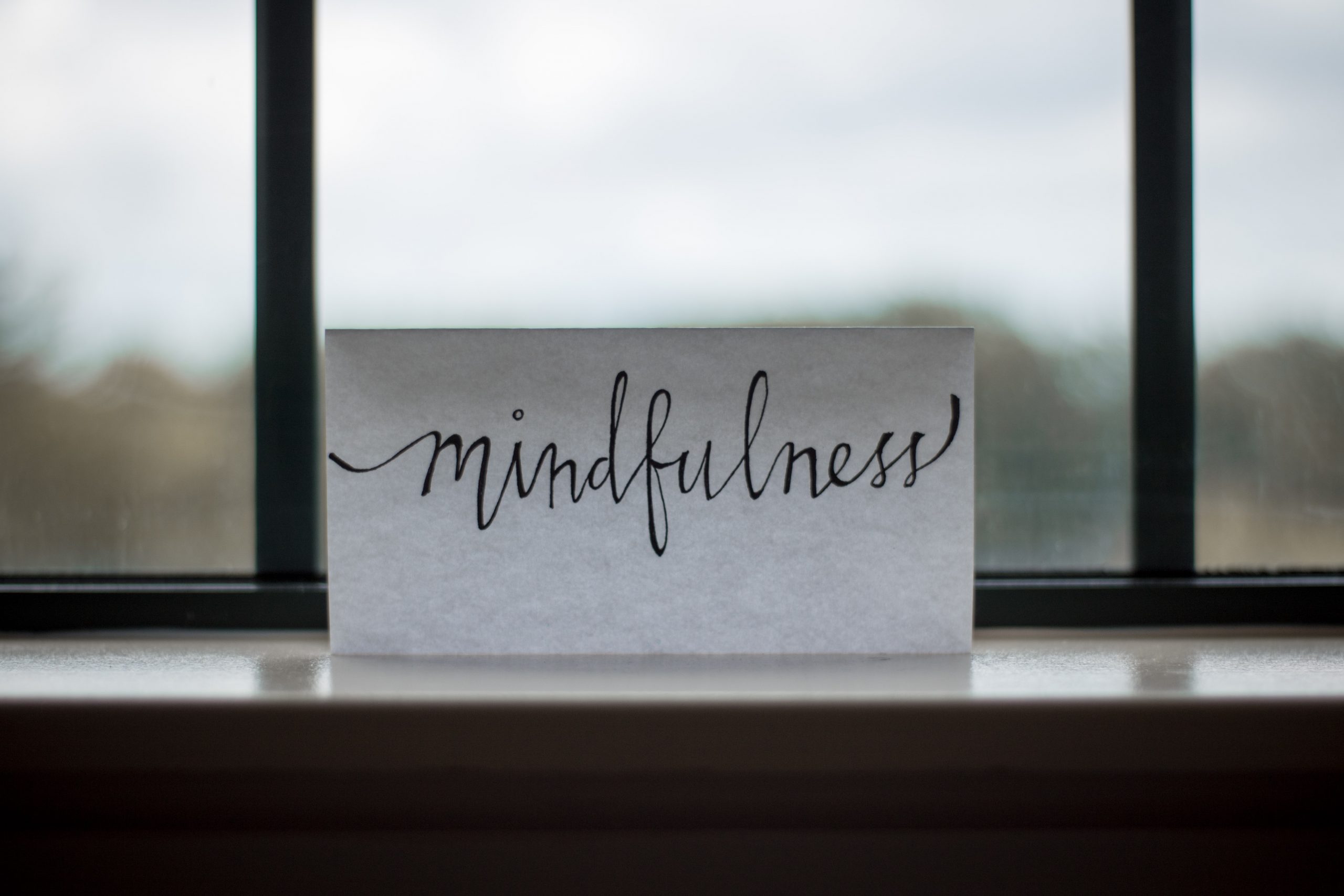Various relaxation techniques are effective against fears, tension, nervousness and inner restlessness. Learn the signs and techniques to relax yourself in this article and find the right one for your unique situation.
Lack of balance between tension and relaxation
Fears, nervousness and stress in everyday life are burdens on the body. If they persist, there is often no longer a state of dormancy for a long time. The result is constant irritability, a bad mood and a lack of attention to others. These symptoms should be treated at an early stage before they “chronify”, ie become permanent. Especially if they disturb sleep.
Cancer can also make you restless and insecure. Becoming aware of living with a life-threatening illness is not easy. It can express itself, for example, through nausea, heart palpitations, shortness of breath on the body and thus contribute to tension. In addition to many physical complaints, the diagnosis also weighs on the soul. Inner restlessness, nervousness and fear are side effects that many people with cancer experience. And it’s not always the fear of cancer itself that stirs things up. Patients may also be stressed by the accompanying examinations, therapies or discussions with the doctors. Waiting for a result or that the treatment is finally over. And then there is everyday life that needs to be mastered.
Relaxation is a neural process
The parasympathetic nervous system, i.e. the part of the autonomic nervous system that cannot be directly influenced at will, is responsible for the development and regeneration of the tissue. It can be activated through relaxation techniques as it promotes the body’s functions at rest. The antagonist is the sympathetic. This part of the autonomic nervous system sends performance-enhancing impulses, creates excitement, action, the body and soul are alarmed. The aim is to achieve a regulated balance between the states of relaxation and tension. But which method suits whom, everyone has to find out for themselves.

Various relaxation methods help against inner restlessness
- Physical activity is good against nervousness, inner restlessness and stress. Whether jogging, swimming or cycling, regular exercise has a balancing effect.
- Progressive muscle relaxation helps to stay tension free by consciously tensing and then relaxing all the muscles in the body. When we are stressed, we often involuntarily tense muscles unnecessarily. This leads to tension and often to pain. It is recommended to follow instructions, for example from the AOK (link) or Techniker Krankenkasse (link).
- Autogenic training is a form of self-hypnosis that causes the physical, vegetative functions (e.g. blood circulation, pulse rate, breathing) to switch to a state of rest. The aim is to be able to relax holistically. Certain phrases are repeated to bring the entire body into a state of relaxation. For example, a sentence reads “My breathing is calm.” Or “My leg is very heavy.” There are also audio-visual instructions for autogenic training (link).
- Imagination techniques: The various methods work with inner images (thought or fantasy journeys). Positive emotions are strengthened, tension and restlessness recede into the background. There are professional instructions for this in apps (Mindspace or 7Mind), for example.
Sometimes medication helps too
If you have been feeling restless for a long time and no relaxation techniques help, talk to your doctor. Maybe medication will help. However, to avoid side effects, your individual situation should be discussed. If, for example, you are unable to sleep at night due to inner restlessness, a sleep-inducing drug can be useful. If the focus is more on fears or worries, a calming or anxiolytic drug is more suitable.
Conclusion
Have you been feeling restless and nervous lately, or are you undergoing cancer treatment? Then this is a common side effect that you should take seriously from the first sign. Because there are many different relaxation methods and medications that can help bring your nervous system into balance.
Sources
S3-Leitlinie/Nationale VersorgungsLeitlinie: Unipolare Depression Langfassung. 2. Auflage 2015, Version 3, März 2016, AWMF-Register-Nr.: nvl-005
Rupprecht R, Kellner M (Hrsg.): Angststörungen. Klinik, Forschung, Therapie. Stuttgart W. Kohlhammer Verlag, 2012
Apotheken-Umschau, Rubrik “Gesund Leben”

